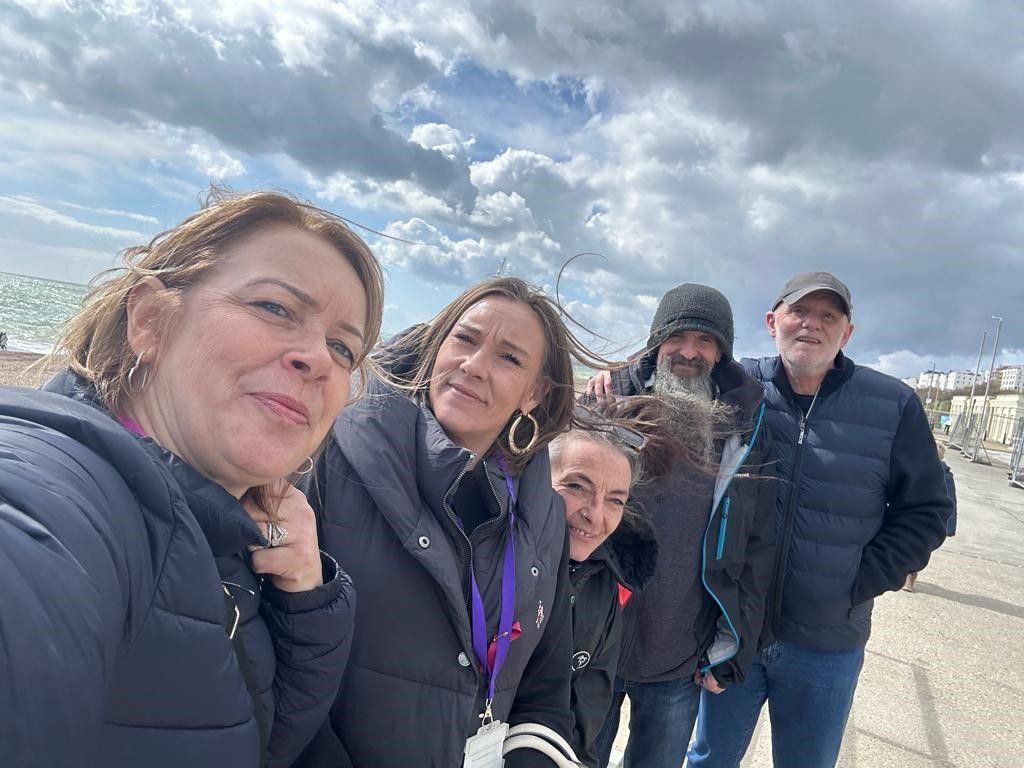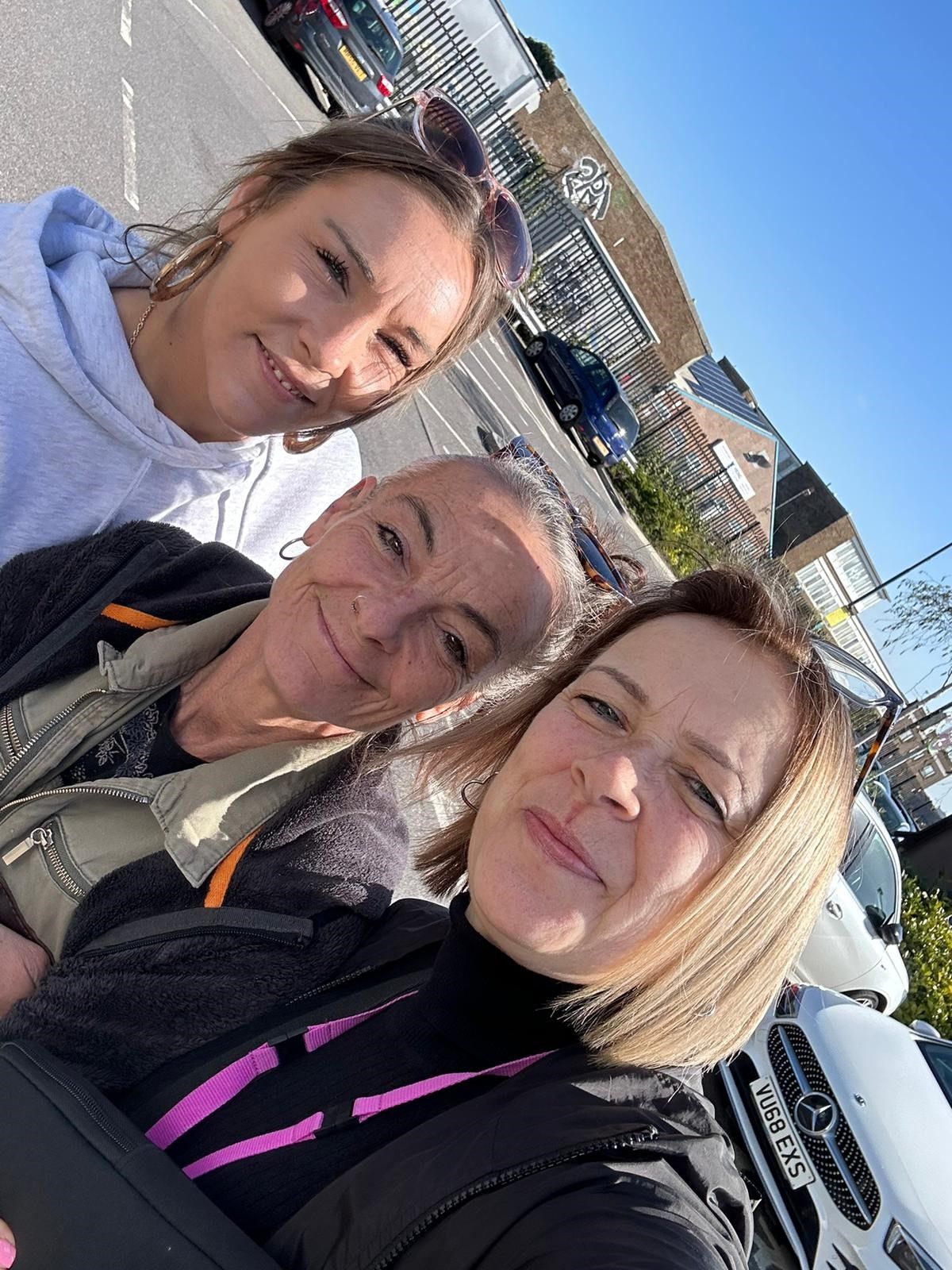Order one of our free resource packs today! Fill out the form here.
The Importance of Peer Support Workers By Zoe Yates, Hepatitis C Trust
I have lived experienced of hepatitis C myself, being first diagnosed with hepatitis C in 1999 when people didn’t really know what it was or how it was treated. I remember at the time there was a lot of stigma about it, so sharing about having it the way I do now was certainly not on my agenda as it was once my secret.
In 2009, I made some positive life changes and stopped using substances, although at this time I still felt a lot of shame about having hepatitis C and had heard about the awful treatments people were being given and I remember thinking to myself ‘no thank you, I’m not doing that’.
The new treatments came out and I was finally treated in 2017. Through the work experience I had gained during this time I found myself in an amazing position of being able to apply for a role within The Hepatitis C Trust, who I have now been working for the past three and a half years, initially as a Peer Support Worker and now a Peer Program Manager and I have truly loved every minute.


Over my time with the The Hepatitis C Trust, I have witnessed first-hand the difference Peer Support Workers make in the engaging with people and encouraging them to have a test and/or treatment. I was only telling someone the other day about how rewarding it feels when someone is resistant to having a test done and through gentle honest conversations we are able to change their mind set and encourage them to have a test. Our client group believe and trust in us and what we say, as we have also once walked in their shoes. Often our clients can be resistant to starting treatment or be in a similar place I once was, where my health was certainly not a priority of mine.
Through having a consistent and person-centred approach from someone who has been where they are, we are often able to support them in overcoming any barriers they may have, which for me is the best part of what we do and something I talk about on a nearly daily basis.
It has been evidenced through our work within Sussex (and around the country) that the Peer Support Workers have played a critical part in successfully reducing the number of hepatitis C infections across the county.
We are fortunate to work alongside and an amazing team of volunteer in Sussex, who have all been through the treatment themselves (some the old and some the new). They were all very keen and dedicated in helping us in our collective aim of eliminating hepatitis C across the county and giving their valuable time for free.
Recruitment for us has seemed to happen organically over the past few years with the clients we have supported through treatment wanting to come and join our team and ‘give something back’. We are able to provide them with work experience within the field, which includes completing regulated work activities such as carrying out testing. We also offer additional training opportunities for those who aim to get in to paid employment in the future, but valuably they get to experience first the difference we ‘peers’ make.
An example that sticks out for me is when myself and a volunteer peer visited a temporary accommodation project in East Sussex, the peer began talking to someone they had known from the Brighton area and established that they had a course of hepatitis C medication in their room and had been sitting on it for six months. This same client text me the following day to let me know that they had started the treatment.
The reason the person decided to start taking the treatment was because of the conversation they had with a person with lived experience, who explained what the treatment was like. The person ultimately chose to go ahead with treatment as the believed and trusted the Peer Support Worker.
If you would like to find out more about the Peer Support Worker programme setup by The Hepatitis C Trust take a look at their website.
